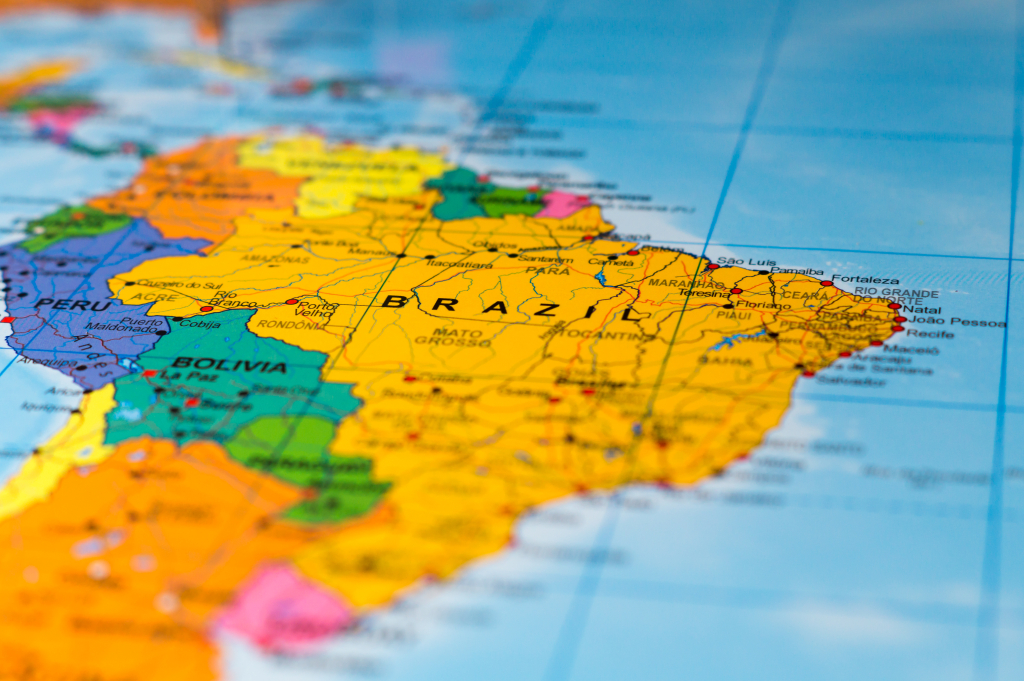On Monday, Brazil’s President Lula introduces ‘Nova Indústria Brasil’ (NIB), a policy to revitalize the nation’s industry.
This initiative includes a significant R$300 billion (approximately $60.6 billion at an exchange rate of 4.95) in financing for the industrial sector, aiming for completion by 2026.
Of this R$300 billion, R$ 106 billion (around $21.41 billion) had already been announced in July 2023.
The National Council for Industrial Development (CNDI), under Vice President Geraldo Alckmin, endorsed this plan.
Developed with inputs from CNDI members over a year, it combats deindustrialization and aims to boost exports of high-tech products.
The NIB sets ambitious targets. It seeks to raise the agro-industrial sector’s GDP contribution to 50% and mechanize 70% of family farming using local machinery.
Additionally, the plan includes producing 70% of national health necessities, like medicines and medical devices, domestically.

A major goal is digitally transforming 90% of Brazilian industrial firms, tripling production in new tech sectors.
Moreover, the NIB plans to cut industrial CO2 emissions by 30%, increase biofuel use in transport by 50%, and achieve 50% self-sufficiency in critical defense technologies by 2033.
The policy will utilize various financial and non-financial measures coordinated by CNDI to reach these goals.
These include government procurement, loans, tax credits, and technology transfers. Government purchasing plays a vital role in this plan, stimulating industrial production.
It sets minimum local product requirements for contractors in the New Growth Acceleration Program (PAC).
The Ministry of Industry and Commerce highlights the policy’s alignment with global best practices.
Its aim is to build a sustainable, strong, and innovative industrial sector.
In his third term, President Lula is dedicated to transforming Brazil’s industrial landscape, focusing on global competitiveness.
Background
The NIB initiative marks Brazil’s shift from agriculture to industrial modernization amid global economic changes.
This aligns with worldwide trends of bolstering industrial sectors for economic stability.
Brazil stands out in South America, setting a developmental example that could inspire its neighbors.
Internationally, it aims to rival industrial leaders like China and Germany, seeking a global market niche.
The focus on digital and green technologies aligns with worldwide environmental objectives, showcasing Brazil’s commitment to sustainable industry.
This move towards high-tech exports diversifies Brazil’s economy, reducing reliance on unpredictable commodity markets.
Geopolitically, the NIB may boost Brazil’s influence in trade deals and attract foreign investment, enhancing its global economic stature.
This positions Brazil as a significant player in the international industrial and technology arena.
Overall, the NIB signifies Brazil’s major leap in redefining its economic and industrial identity, pivoting towards innovation, sustainability, and global competitiveness.

